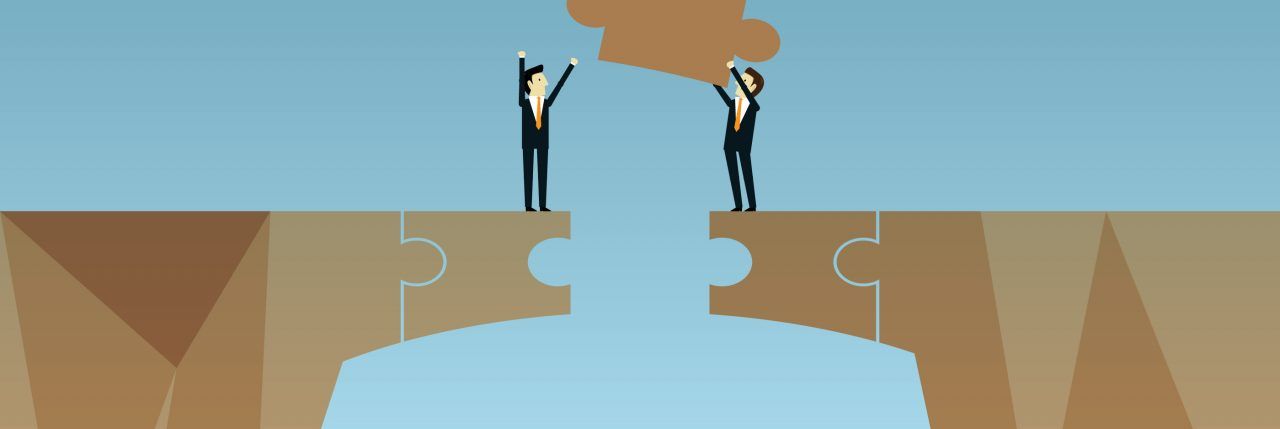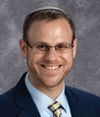How to Make Decisions in a Pandemic

Throughout much of the pandemic, there was a strong consensus within the Modern Orthodox community as we parted ways from the lax attitudes pervasive among our brethren in other segments of Orthodoxy. Notwithstanding the dark Spring of 2020, our swift and dramatic response gave us a sense of pride that we had internalized the value of pikuach nefesh, even at the cost of personal and communal upheaval; knew intuitively that taking top-tier scientists seriously saves lives; and, perhaps most telling, that we cared deeply for the needs of the most vulnerable members of our community and society.
But with our (rightful) ecstasy over the development and distribution of vaccines, chronic pandemic fatigue particularly as Delta reared its head, and now the perception that “everyone will become infected with Omicron,” a divide has emerged in the broader MO community, with an increasingly decisive majority appearing to be increasingly of the view that we should lean toward the restoration of normalcy, and a (relatively quiet) minority unconvinced and even deeply concerned with the new attitudes in the community. I don’t want to wade into the debate; nothing could more effectively derail the conversation I really want to start, which is not about what to do, but how we decide what to do.
In speaking with a wide variety of people over the last few months, I have heard much about vaccination for young children, the non-dangers of Omicron, the mental health implications for children and families, and the like. These are all legitimate and very serious considerations, and were raised correctly. But I was struck by just how uncommon it was for me to hear people even raise questions about subjects beyond the immediate ken of their pandemic experiences: overcrowded hospital beds; the strain on the health care system and concomitant dangers; burnout from medical professionals; and, above all, whether we were doing enough to ensure the safety of the most vulnerable members of our community and society, both directly from covid and from its implications (e.g., canceled cancer treatments and urgent surgeries due to overcrowding and staff shortages).
The same is true of numerous additional considerations or populations: those who have been economically devastated; those who have not been able to freeze eggs; those mired in depression; children unable to receive crucial services of the pieces of education they need. In short, as soon as I ask about something outside population outside of one’s immediate experience, I more often than not I didn’t receive a thoughtful or straight answer. This is particularly true, for non-medical professionals, with regard to questions about hospitals and medical care. I am not observing the sort of commitment to empathy and consideration for the vulnerable populations that have not dominated individuals’ own experiences during the pandemic. And to be clear, my point is not that these questions are dispositive; it is rather that I fear that they are not being asked often enough and hard enough.
Of course, I didn’t conduct a study, and my data is anecdotal. But in these conversations and beyond, it has raised a question that haunts me: as rachamanim benei rachamanim, have the needs of the most vulnerable members of society weighed on us heavily enough since pandemic fatigue and the ambiguity of Omicron set in?
In a way, if my fear is true - any I pray it is not - it is only natural. It is human nature to focus on the needs of ourselves and those closest to us, especially in a crisis; and there is usually a high degree of invisibility surrounding those in great need. This is especially true of those unable to leave their homes and not in our immediate circles: particularly the winter months, the most physically vulnerable members of our community and society are the most isolated, rendering them almost entirely invisible. How many of us know which cancer treatments have had to be canceled because of hospital overcrowding or because there simply weren’t enough competent doctors and nurses who are still working and are not quarantined? Out of sight, I fear, out of mind.
But this is where I think the hard work begins. Precisely at this moment, when those who are vulnerable are most isolated, is the time to take into account the widest circle of people in our communities and societies. Precisely when we see people least, is it worthwhile to try out a thought experiment along the following lines: If you had to speak to a 75-year-old man with severe but treatable colon cancer and explain your current Covid policies, could you do so while looking him straight in the eyes? Or, whatever your political views, take the recent passing of Esther Pollard. Just three weeks ago, Esther was living an energetic life punctuated by monthly breast cancer treatments. Then she was diagnosed with Omicron, and died two weeks afterward from septic shock despite being exceedingly careful. If you saw Esther a month ago, could you have looked her in the eyes when explaining your personal practices? I hope the answer is yes; I fear that for too many of us, the answer is no. Or take the young or middle-aged adult who has been financially and emotionally devastated, who has simply been living alone with little professional and marital prospects, and on.
A society is judged, as Sivan Rahav recently noted, by our consideration of the most vulnerable in society. I hope that when the dust settles, we will be able to look ourselves in the eyes, and say that we never once sent anyone in society the message that we just don’t have the strength to care anymore; that it is precisely when some are out of sight, that we do everyone in our power to make sure they know that they are at the forefront of our minds.
